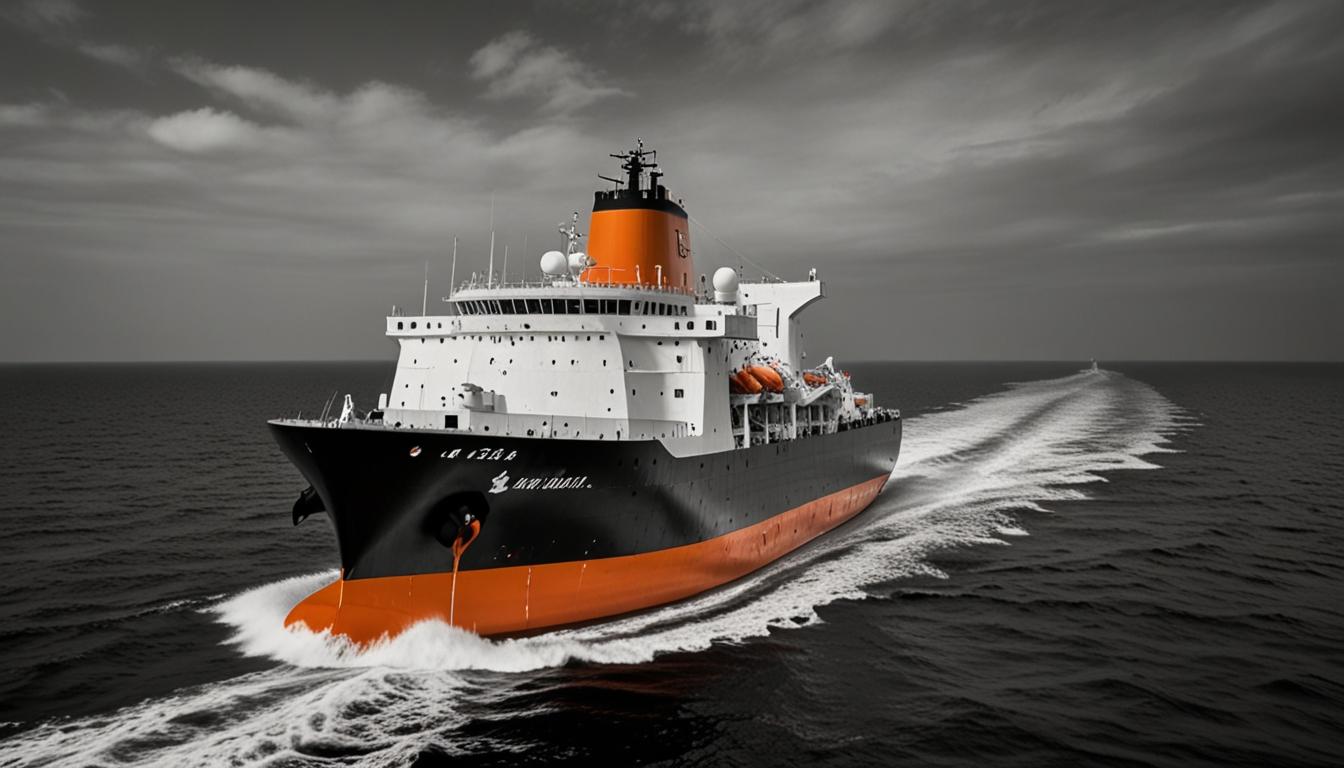A joint report foresees growth in the market for dual-fuel LPG engines in the maritime sector, citing LPG as a cleaner marine energy source with emission-reducing potential when coupled with OCCS technology. Despite key advantages, the absence of compatible marine engines necessitates decarbonization through alternative fuels, calling for advancements and regulatory support.
The market for dual-fuel LPG engines in the maritime sector is anticipated to grow, according to a joint report from Lloyd’s Register and the World Liquid Gas Association. The report highlights LPG as a cleaner, lower-carbon marine energy source with significant potential for reducing emissions when combined with Onboard Carbon Capture and Storage (OCCS) technology.
Key findings suggest that while LPG offers advantages in emissions reduction and regulatory compliance, the technology must advance for widespread adoption. Currently, the absence of four-stroke marine engines that can use LPG necessitates the decarbonization of auxiliary engines through alternative fuels. Moreover, the development of a safe bunkering framework and supportive interim guidelines by the IMO is crucial for encouraging the use of LPG.
Lloyd’s Register’s Panos Mitrou emphasized the importance of renewable LPG production and supportive energy-saving technologies in transitioning to LPG as a marine fuel. Nikos Xydas from the World Liquid Gas Association noted LPG’s benefits, including lower emissions and cost-effectiveness, positioning it as a potential choice for achieving deep-decarbonization goals in the shipping sector.
Additionally, nuclear power is being explored as an alternative energy source for shipping. Lloyd’s Register’s Zero Carbon Fuel Monitor evaluates the feasibility of nuclear technology for maritime applications through a comprehensive framework assessing technology, investment, and community readiness levels.
The reports highlight ongoing efforts and challenges in the shipping industry’s transition to cleaner energy sources.
